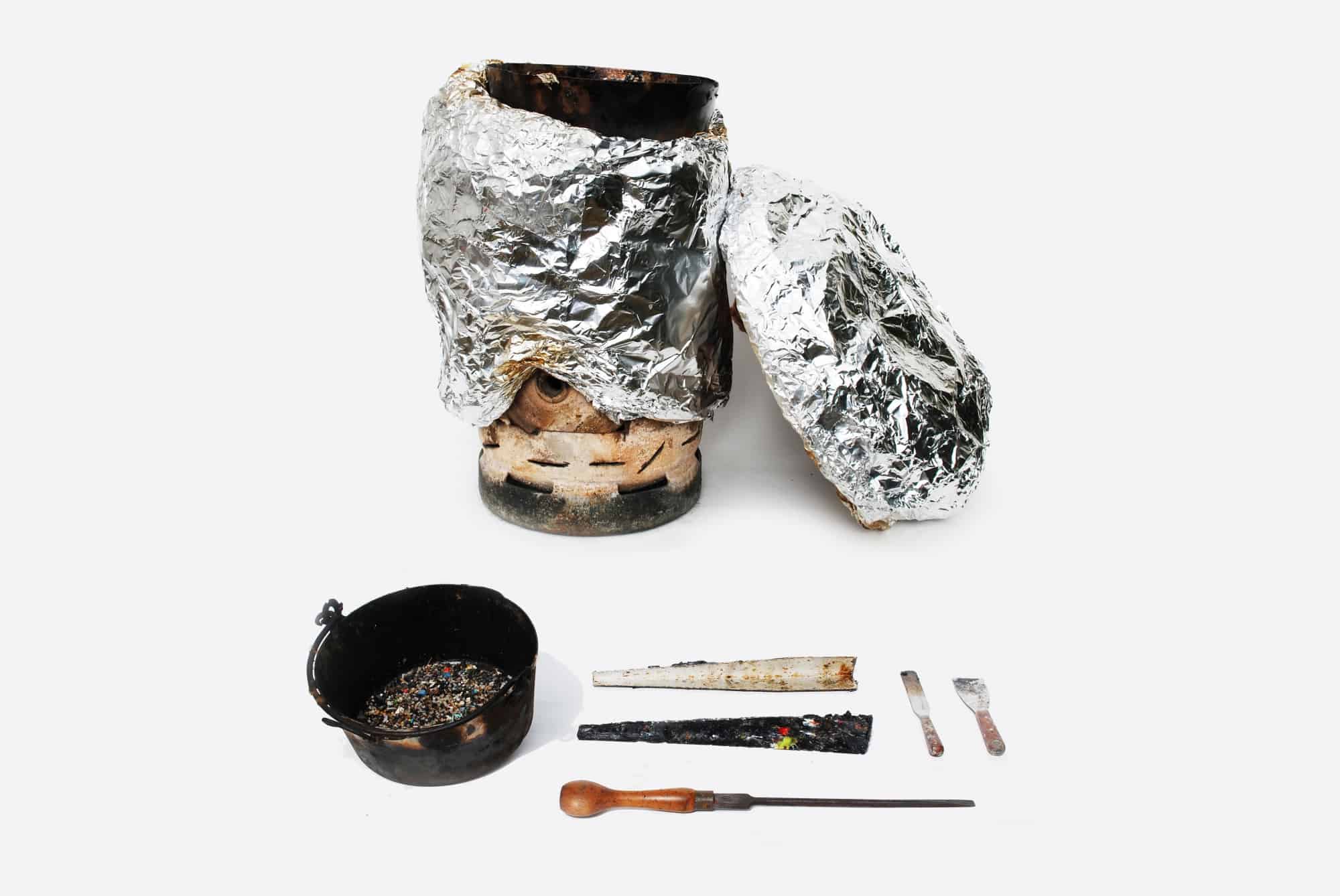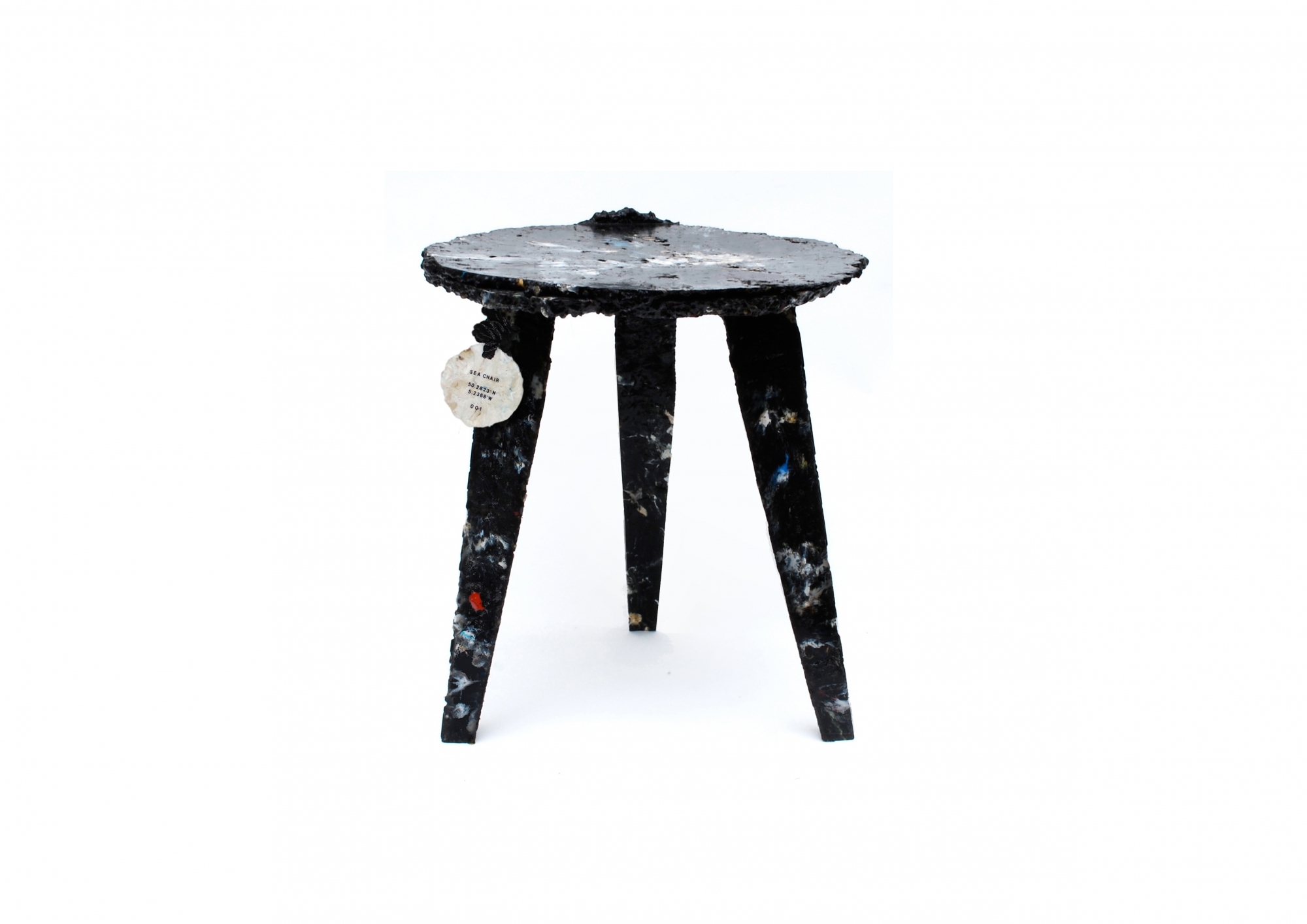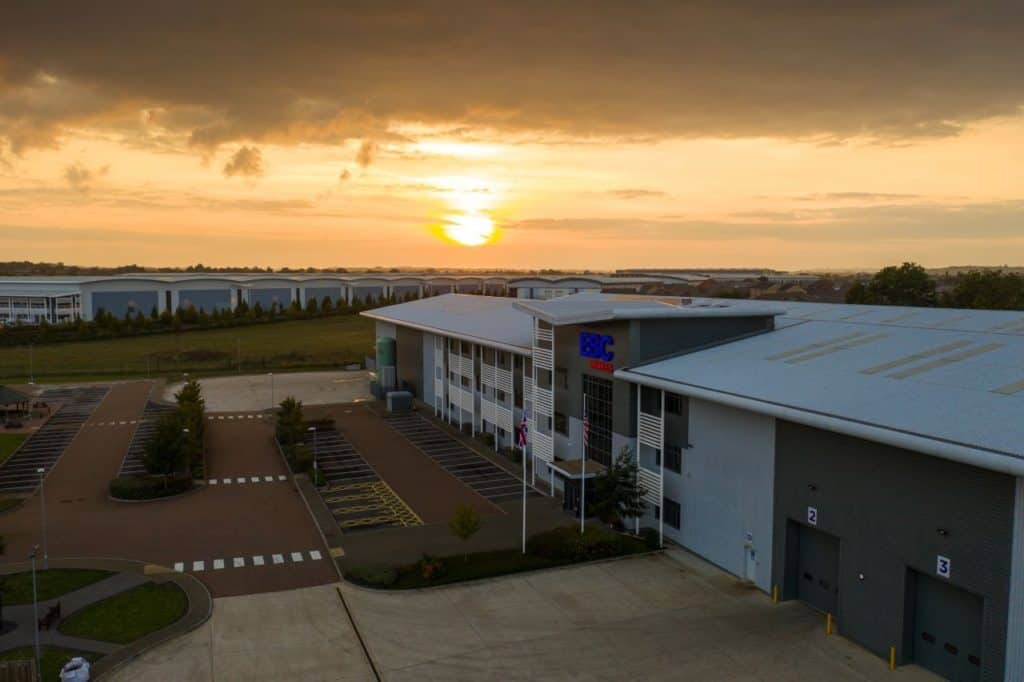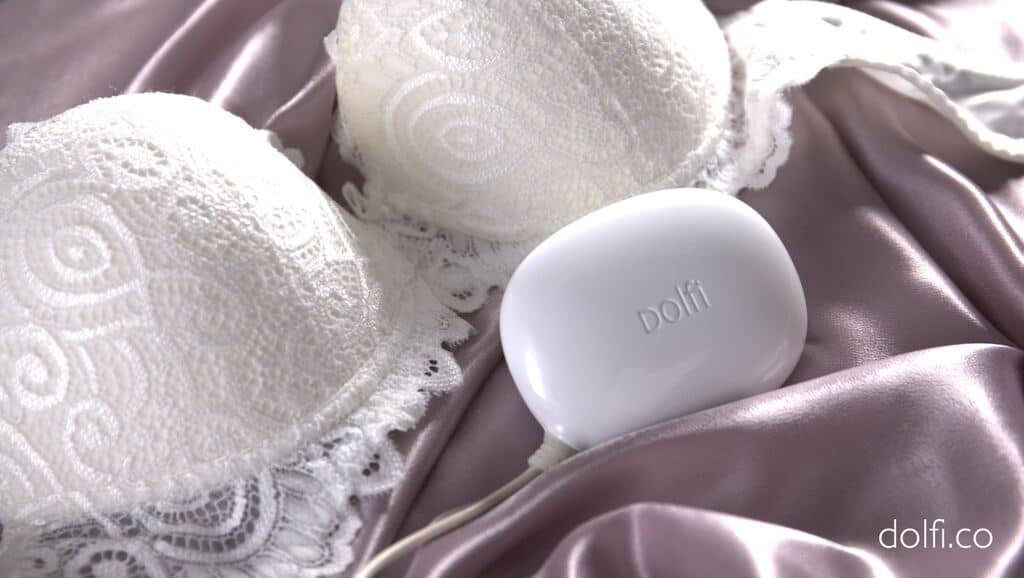This week we are interviewing one of the men behind this award winning video
Hi there, would you like to introduce yourself/team and your project?
I am Alexander Groves, one half of Studio Swine.
We created the Sea Chair – a ship stool made with marine plastic melted in a small furnace on board a fishing boat at sea.
We think ‘Sea Chair’ is a beautiful short film, where did the inspiration come from?
I’ve always been fascinated with the culture of making at sea, knotted fishnets, scrimshawed whale bone and lobster pots. When I heard about the problem of plastic at sea I thought it would be amazing to make a chair with it, in Moby Dick there is a ship stool made of Narwhale tusk.
Are the chairs for sale? Where can our audience get one?
They are but we are out of stock and will be producing more this October, in the meantime we can send anyone interested a free open source manual to make their own.
Where was ‘Sea Chair’ filmed?
Hastings
On a larger scale, what do you think could be done to help reduce plastic in the ocean?
We need to reduce the dependency on disposable plastics, and improve our recycling systems on land. An estimated 80% of plastic at sea comes from the land, washed down rivers or blown off landfills etc. All the ocean clean up solutions are ineffective when so much more is going into the ocean the whole time, it would be like bailing water with a tea cup on a flooding ship, ignoring the giant hole. We don’t have the option to abandon ship so we need to deal with the hole.
We want to use the Sea Chair to raise awareness about the problem and also raise awareness about alternatives to disposable plastics on our upcoming sea plastic project Gaia to Gyre.
The ‘Sea Chair’ is a brilliant way of recycling plastic from the ocean, but do you have any other tips or ideas for what can be done with salvaged marine debris?
Well the tricky thing is that it’s a expensive and labour intensive way to get plastic so your never going to compete with the price of new plastic. Many clean up schemes look to turning it into a fuel but again this can’t compete with the abundance and ease of acquiring plastic from recycling bins.
So we have focused on items that are high value to compensate the makers of the chair and to encourage people to make their own items with our manual. If the item created can generate interest and engagement in the issue that’s valuable as well.
We’ll be making lots of new things at sea this October when we will be sailing from the Azores to Lanzarote with a new machine for extruding marine plastic.
Many thanks to Alexander from Studio Swine











